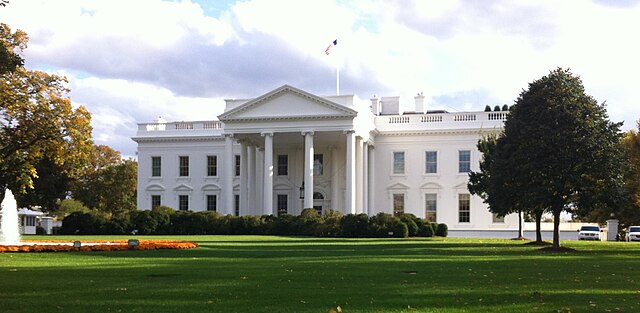The presidential race between candidate Kamala Harris and Donald J. Trump is not simply an American election, it’s a global election.
While American students are anxiously awaiting for coverage to begin at 5 p.m. ET, Irish students are not any less worried about the global implications. Candidate Trump’s victory could exacerbate a violence in Ireland that some noticed increased following his 2016 win. In 2023, the BBC reported a ‘growing concern’ of political extremism in Ireland.
Some attribute the mood of increasing polarisation to Trump. Since the 2016 election, one Irish student notes they’ve seen the polarisation “trickle into our country. We’ve had so many more hateful protests,” The politicians do not believe in a peaceful transition of power, “It’s all no I won, I won, I won. I do see that in our country.” The progress of gay liberation, and pro-choice policies felt like they began to backslide. “It’s funny because I felt for a while our country was going in such a good direction for so long. And now in recent years since Trump’s presidency, we’ve seen so much more hate.”
Other students see similar division creeping into Ireland’s political climate. “One of the scariest things is the fact that there’s a lot of division with this election.” Chichi Enyoazu tells The University Times. “Everyone has their reasons for voting for people.” It becomes a personal battle in Enyoazu’s eye. “Not talking to them [family members] because of that makes me kind of really sad, because they could still be a nice person.”
U.S. citizens are the only faction able to place their ballots into a ballot box, but they are not the only ones who will face the aftershocks of the results. “If I could vote, I would vote for Kamala Harris,” Alice Moynihan tells The University Times. “I understand voting for the Green Party candidate. Makes sense if you don’t want to vote for genocide.” On the other hand, Moynihan argues that the Irish are “used to knowing how to use your vote pragmatically in elections,” and therefore know the risks of voting for a third party candidate in a two party system.
She worries about the “effect that it would have on international diplomacy and ties.” To Moynihan the worry is that “the situation in Ukraine would be exacerbated.” North Korean soldiers in Russia moving into Ukraine would be “dealt with by Donald Trump versus Kamala Harris,” very differently.
For some, the battle is within their own home. “I come from a Cuban and Indian household, my family is pretty much immigrants, so this is a little bit of an issue.” Ronald Fernandez observes. “My biggest anxiety is just generally about the safety of the people I know.” Fernandez argues that Trump’s policies will not merely provide less support, but will put his family in immediate danger.
For others, bodily autonomy is on the line. “[I am] Thinking about all of the rights of me and people I love that are up in the air right now,” student Annie Hinz notes. “Especially with the Supreme Court justices and their open seats on the line. There is so much that this election holds, and just so many unknowns for if it goes the other way.”
The election is close. Early evening on November 5th,and the polls only mark a 1% leg up for Harris. “I think it really scares me, how close it is,” one student remarks.
2020 was the last time the election was as close as these predictions, and following the certification of the ballots there was an insurrection. Ancillary security measures are being taken in downtown Washington DC, windows are being boarded up, and citizens are prepared for the worst.
“I think that fear of violence, no matter which way it goes, has been really hard,” Annie Hinz worries.
There is nothing students can do but watch it all unfold on their TV screens. Hinz notes a sense of solidarity between American and Irish students; the feeling of powerlessness. “The fact that I’m here [means] there’s nothing that I can do about it from here.”
There is a wider sense of disorder, given the excessive amounts of misinformation present. “This is such an important election because there is so much misinformation out there.” Hinz emphasizes. “Because the U.S. is so polarized, there’s no kind of listening to the facts.” For Hinz, there has arisen a double standard as the Republican party points fingers at Kamala “for things she didn’t do and didn’t say […] when Trump is not held accountable for his own words,” and they believe that misinformation is to blame.
Polls begin to close around 6 p.m. ET. As Hinz concludes, it is “down to the wire.”
“Not voting is political and not voting is a stance,” Hinz finishes.
“There is a future,” Fernandez tells The University Times. What future is that? Only the results can determine this. What many do know is that it will be a battle to find out.







